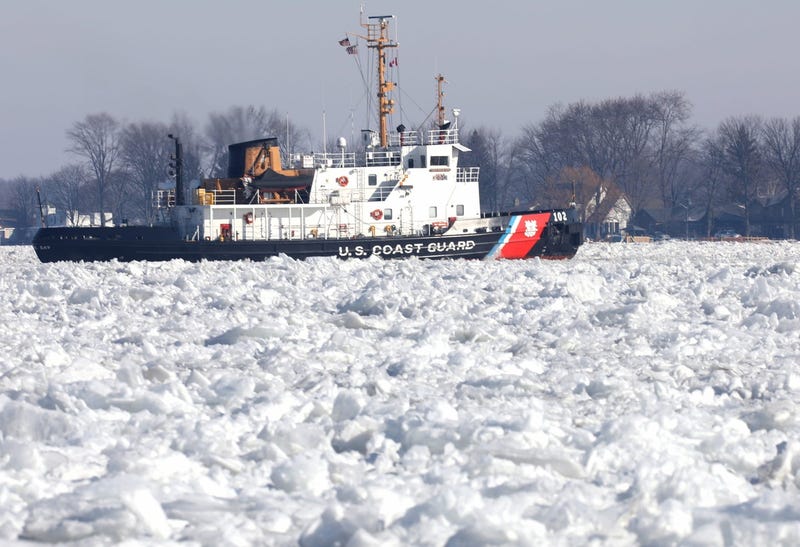
(WWJ) - The U.S. Coast Guard has brought an official end to the ice-breaking season, called Operation Coal Shovel.
The season began on Jan. 15 and officially ended on Feb. 29. According to a statement released by the USCG, the operation was ended due to “lack of ice coverage, complete waterway availability for commerce and forecasted spring warming.”
Operation Coal Shovel breaks up the ice on the St. Lawrence Seaway, the Detroit and St. Clair River Systems, Lake Erie, Lake Ontario, and southern Lake Huron.
The USCG and Canadian Coast Guard work together during the winter to ensure the waterways in the area are safe, including conducting search and rescue operations and minimizing the potential for flooding.
The Bristol Bay, Neah Bay and Morro Bay, all USCG cutters, worked with the Canadian Coast Guard ships Samuel Risley and Griffon this year. Authorities said U.S. cutters “conducted more than 150 icebreaking hours and assisted vessels on 31 occasions.”
People going on the water should keep an eye for ice that could be lingering in some areas. There is also a risk for hypothermia due to cold water temperatures, according to the USCG press release.
